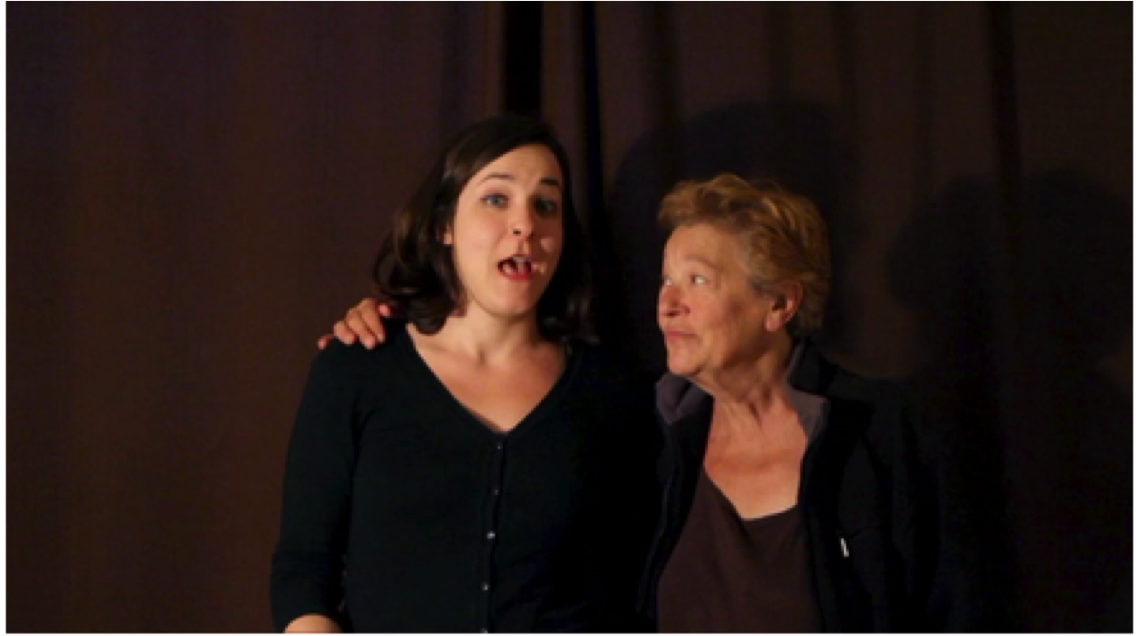Singing and Bereavement

Examining lived experiences of singing in a bereavement support music therapy group
The co-investigators are certified Canadian music therapists (MTA) with a combined total of 41 years of experience. Through their clinical work, they have come to understand the voice as a powerful and unique therapeutic tool that must be handled with care, especially when working with vulnerable persons or sensitive issues. Although singing is an inherent part of grieving in many cultures, little research exists with regard to how this may be realized within a therapy context. The purpose of this study was to better understand how singing/voicework was experienced by seven adults who participated in a postloss bereavement support music therapy group that took place in a community-based hospice.
Participants’ written feedback and interview transcripts were analyzed using Interpretative Phenomenological Analysis (IPA) procedures. This resulted in seven narratives representing each participant’s unique experience of singing/using their voice in this context. A cross case analysis revealed common themes that fell within five categories. Overall, the results suggested that participants were able to conceptualize their own unique grieving processes, but still feel like part of the group. They could simultaneously engage with multiple aspects of their own grieving processes or shift moment to moment as needed. For example, during and/or after singing songs, participants experienced cathartic emotional release, felt connected to their deceased loved ones, felt nurtured by the beauty of the music, and/or felt supported by others’ voices/presence. Furthermore, the ‘singing as therapy’ approach utilized in this study may provide bereaved persons with a viable alternative or adjunct to more traditional forms of bereavement support; especially for those who are uncomfortable with or less responsive to verbal therapies.
The co-investigators hope this research will enhance understanding about the unique value and complexity of singing/voicework as a form of bereavement support and inspire others to create similar best practice programs.
Researchers
- Laurel Young (Concordia University)
- Adrienne Pringle (Carpenter Hospice)
- Miya Adout (Former Graduate Research Assistant, Concordia University)
- Mary Parkinson (Former Graduate Research Assistant, Concordia University)
- Avalon Harris (Former Intern, Carpenter Hospice)
Funding
- Advancing Interdisciplinary Research in Singing (AIRS) Project, a Major Collaborative Research Initiative (MCRI) funded by the Social Sciences and Humanities Research Council (SSHRC)


